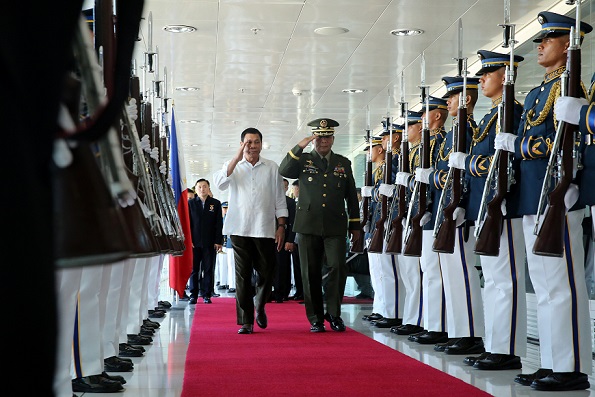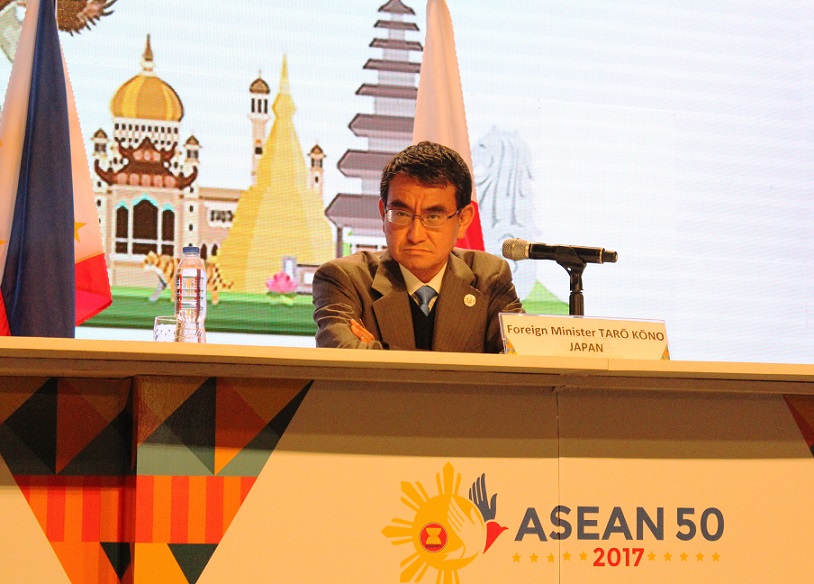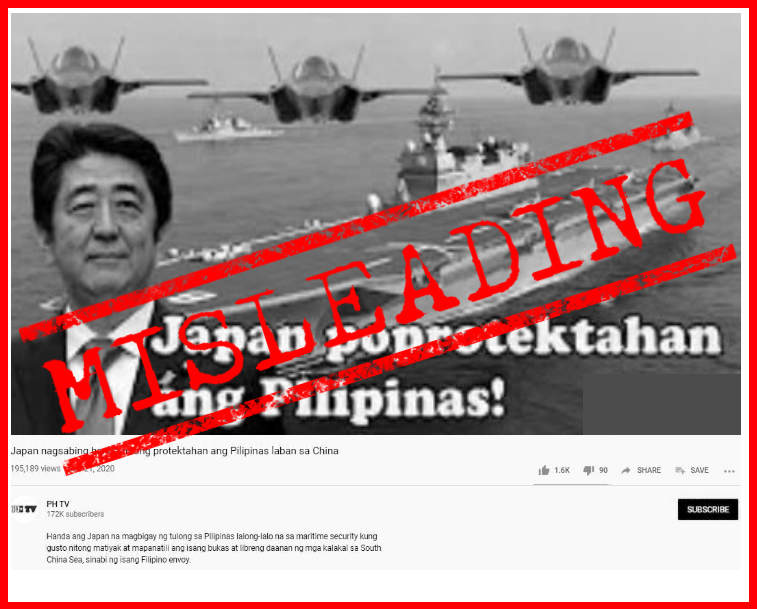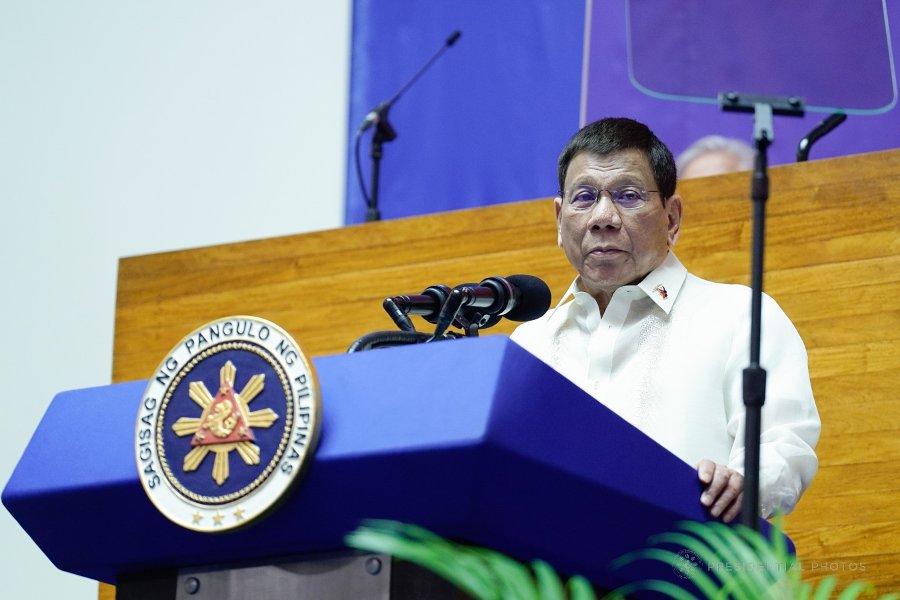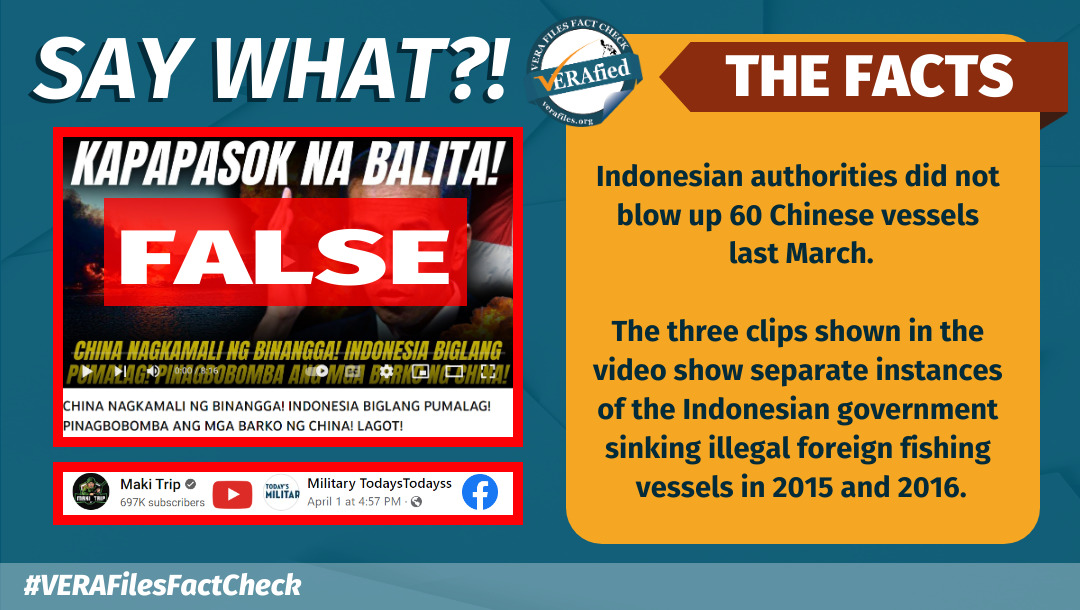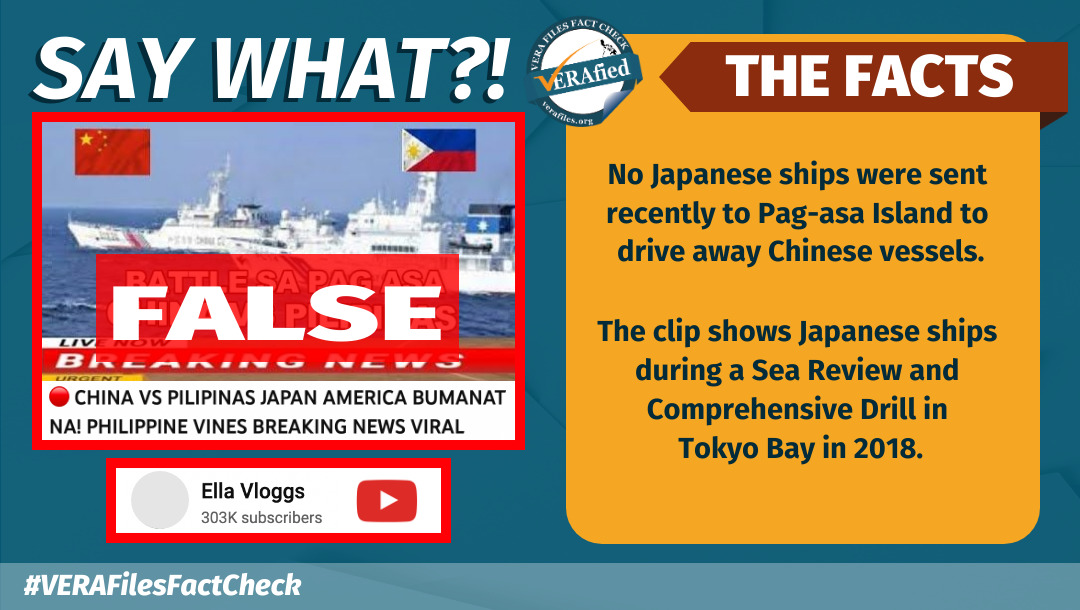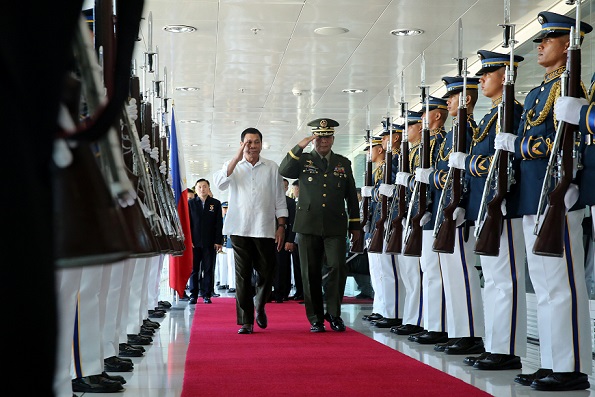
By CHARMAINE DEOGRACIAS
IF the South China Sea took a backseat in President Rodrigo Duterte’s visit to China, it will be high in the agenda in his bilateral talks with Japanese Prime Minister Shinzo Abe on Wednesday. A diplomatic source said, Duterte will look to Japan for its maritime security needs in the South China Sea.
“On the South China Sea issue, it will be a conscious effort for us to use or message it that we are strengthened strategic partner, it’s not just any partnership, it’s a strengthened strategic partnership. Center to this is maritime security and when he talks of maritime security, it’s not just the civilian maritime law enforcement side, that will necessarily involve defense,” a source at the Department of Foreign Affairs said.
The South China Sea issue is among the talking points in the private meeting that Abe will seek with Duterte, but for the Philippines side the President intends to cover that in the context of maritime security cooperation. Abe however, is expected to discuss concerns on China’s expansion and militarization if the area from their experience in their own dispute with China. Both countries have territorial disputes with China, the Philippines over the Spratlys in the South China Sea and Japan over Senkaku in the East China Sea.
After obtaining substantial economic package in his China visit, Duterte is expected to push for a security agenda in Japan. The visit will reaffirm the Philippines strategic partnership with Japan, particularly on maritime security and humanitarian assistance and disaster relief (HA/DR). The President will be on exploratory talks with Japan on other defense and military assistance, firm up interests on a possible lease of TC90’s and commitments for ten more 44-meter (144-ft) mid-sized coast guard ships, worth P8.8 billion ($188.52 million).
Elevating to the ministerial level the bilateral political security dialogue will also be discussed. They are expected to agree pn the convening of the 2+2 joint meeting between the Ministers of Defense and Foreign Affairs of both countries. For now the Philippines and Japan’s foreign and defense ministries meet at the vice ministers level.
In his bid to cut reliance on US military assistance, the President, according to the source, will be looking at future acquisitions from Japan through the Transfer of Defense Equipment Agreement that is already in place. However, before transferring very sensitive defense equipment or technology, Japan would first seek an agreement on a legal framework to protect those classified information, an arrangement similar to a General Security of Military Information Agreement. A similar agreement is also being eyed by the US with the Philippines.
While he also seeks to end US military exercises in the Philippines, he is open to Philippine military exercises with the Japanese self-defense forces for HA/DR. Talks on a possible Visiting Forces of Agreement with Japan is not in the agenda, but may be touched upon in the pretext of the constitutional requirement for the presence of foreign troops in the Philippines, the source said.
“They (Japanese side) are anxious to know the new directions of the new government, but generally its business as usual. Philippine Foreign policy with Japan will not radically change, the initiatives that we have done and we have had with Japan in the past administration will be carried over, we do not see a radical change, as far as we know and as far the briefings in the Palace, we do not see any indication of any adverse policies against Japan,” the source said.
Duterte is also scheduled to meet with Emperor Akihito at the Imperial Palace.
